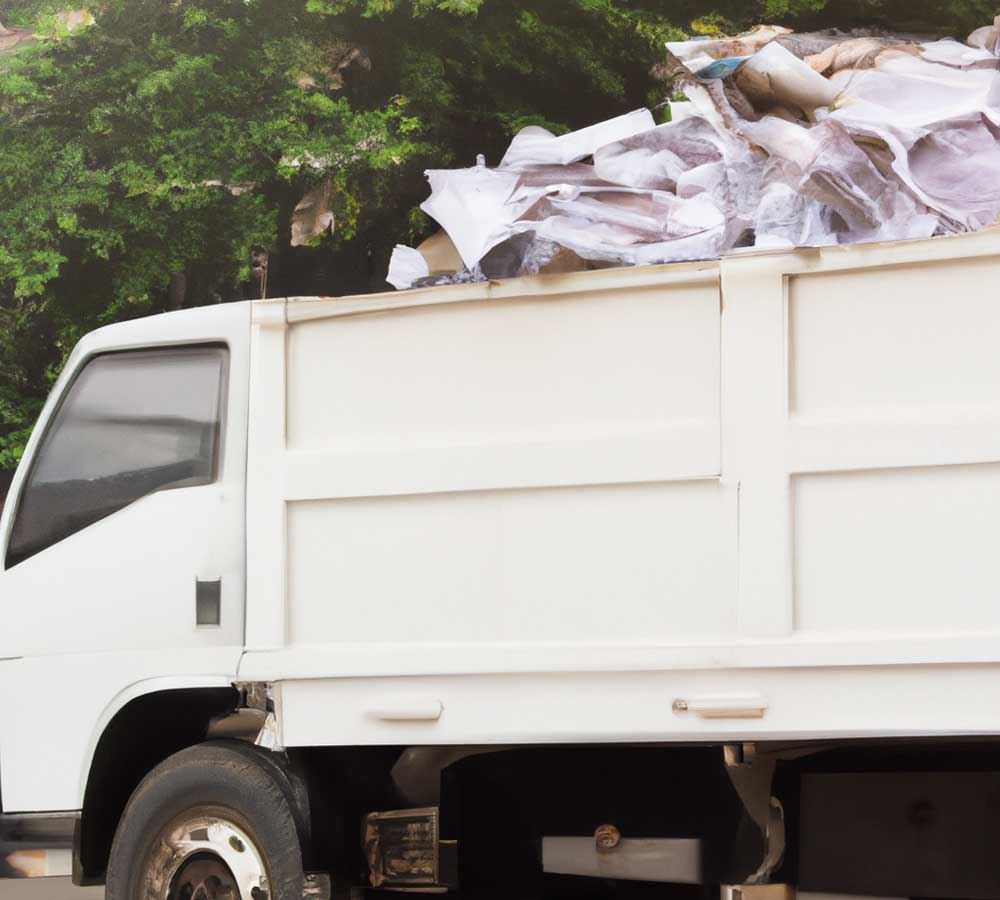Starting a waste paper collection business is an innovative and worthwhile endeavor that benefits the environment while allowing you to generate a decent income. With the right business plan, financing, suppliers, and marketing strategies, your waste paper collection business can be up and running in no time. Here’s how to start a waste paper collection business – from A to Z.
Writing A Waste Paper Collection Business Plan
Creating a solid and effective business plan is essential to achieving success with your waste paper collection business. Your plan should include: the types of materials you will collect; who will be your target customers; how you will transport the collected material; startup costs; pricing strategy for recycled products; any relevant licenses or permits that might be required; understanding of applicable laws and regulations related to recycling operations; marketing strategies for selling recycled materials in bulk as well as retail outlets in which it may be sold. Additionally, it’s important to calculate all projected revenues, costs and expenses associated with setting up and running the operation.
Conduct market research
Before starting a business, it’s important to research the market demand for waste paper collection services in your area. Find out who your potential customers are, such as offices, schools, or recycling centers, and how much they are willing to pay for your services.
Obtaining Financing To Start A Waste Paper Collection Business
Financing the startup costs of your waste paper collection business can be done through varying sources including private investors, crowdfunding campaigns or bank loans. It’s highly beneficial for owners to consider partnerships or joint venture agreements if they lack capital or know-how on their own but are interested in starting such a venture.
Obtain necessary licenses and permits
Check with your local government to find out what licenses and permits are required to start a waste paper collection business in your area. Every state has its own set of laws governing disposal activities.
Finding Suppliers For Your Waste Paper Collection Business
Identifying reliable suppliers of paper scrap is key when starting any kind of recycling business. Look into local companies that generate large amounts of post consumer paper wastage like printers and packaging companies who may have large quantities ripe for re-purposing into useful raw materials again. Developing relationships with other companies that generate cardboard boxes or other large packaging material could also prove beneficial (and eventually lead to steady supply). Also consider developing a project with one or two existing recycle centers already established in order to increase buying power when collecting scrap from businesses as well as households where law dictates that recyclable items are separated from general garbage/waste .
Purchase necessary equipment
You’ll need a truck or van to collect and transport the waste paper, as well as containers to store the paper. Consider purchasing a baler to compact the paper and make it easier to transport.
Develop a pricing strategy
Decide on how you will charge for your services, such as by the amount of paper collected or a flat fee.
Develop a marketing plan
Establishing brand awareness for your waste paper collection business. Create a website, business cards, social media ads and other marketing materials to promote your services. Consider attending local events or reaching out to potential customers directly.
Establish relationships with suppliers
Reach out to local businesses that produce a lot of waste paper, such as offices, schools, or newspapers, and offer to collect their paper for a fee.
Develop a system for processing and recycling the paper
Once you’ve collected the waste paper, you’ll need to process it and transport it to a recycling center. Establish relationships with local recycling centers to ensure that the paper is properly recycled.
Conclusion
Starting a waste paper collection business can be a great way to earn money while helping the environment. With a little research and planning, you can be on your way to a successful business.


How can I start it in Chicago? I’d be happy if someone can help me.